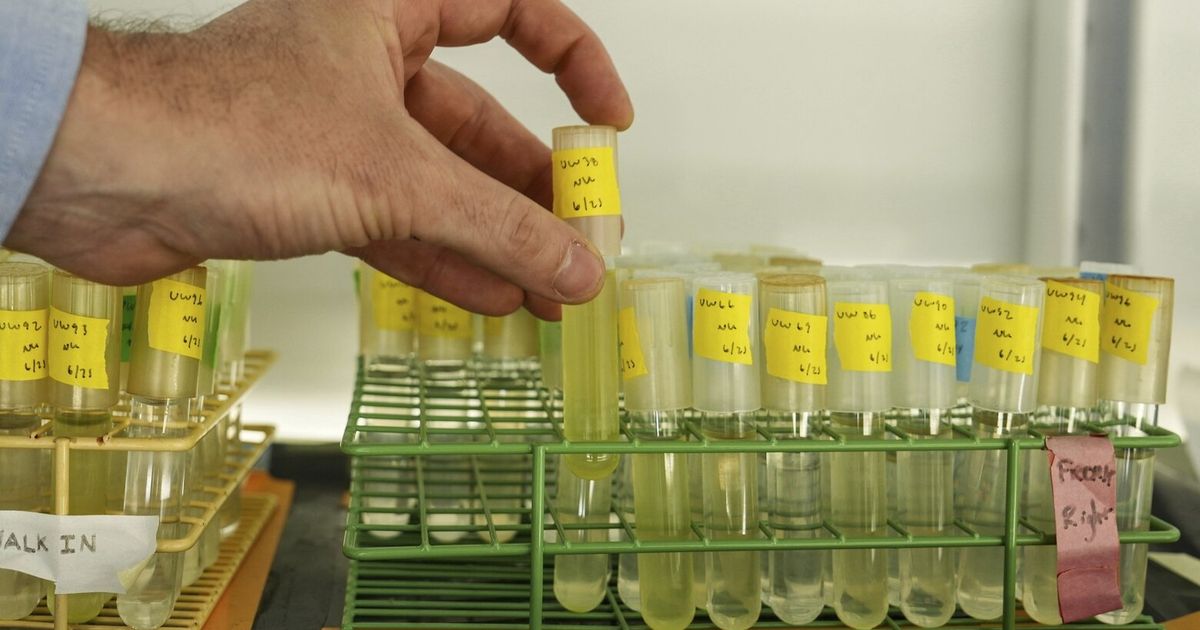
A groundbreaking study published in Nature Microbiology reveals a grim prediction for Prochlorococcus, the tiny yet mighty phytoplankton responsible for a fifth of the Earth's oxygen production and a cornerstone of the marine food web. Contrary to previous assumptions, this microscopic bacterium, crucial to ocean health and global climate regulation, is highly vulnerable to rising ocean temperatures. The research, led by François Ribalet of the University of Washington, utilized data from over 100 research cruises spanning a decade, amassing a count of roughly 800 billion individual Prochlorococcus cells. This unprecedented data set, collected using a custom-built SeaFlow device, allowed for a comprehensive analysis of Prochlorococcus populations across vast stretches of the Pacific Ocean. The findings paint a stark picture: if surface water temperatures exceed 82 degrees Fahrenheit (27.8 Celsius), Prochlorococcus populations in tropical oceans could plummet by as much as 50% within the next 75 years. This is particularly alarming given the current trend of rising sea surface temperatures, already exceeding average levels in many tropical and subtropical regions. Ribalet emphasizes the critical role of Prochlorococcus as a keystone species. In tropical oceans, it fuels almost half of the food chain, supporting a vast array of marine life. While other phytoplankton might partially compensate for the loss, they are not perfect substitutes, highlighting the potential disruption to the delicate balance of the marine ecosystem. The study challenges previous optimistic predictions based on limited lab data, demonstrating the crucial need for real-world observations. The research team also modeled the potential evolution of heat-tolerant Prochlorococcus strains. However, even these hypothetical adaptations would be insufficient to counter the effects of continued greenhouse gas emissions and rising temperatures. Furthermore, the study's projections are considered conservative, not accounting for additional stressors like plastic pollution. Experts like Paul Berube of MIT and Steven Biller of Wellesley College concur with the findings, underscoring the alarming implications for ocean biodiversity and fisheries. The "invisible forests" of the ocean, comprised of these tiny organisms, are essential to human survival, and their decline poses a significant threat to global ecosystems. This research underscores the urgent need for global action to curb greenhouse gas emissions and protect these vital components of our planet's life support system. The tropical oceans, now facing the brunt of rising temperatures, serve as both a critical testing ground and an early warning system for broader ecological collapse. The stark reality is that unless we drastically reduce our carbon footprint, the future of Prochlorococcus, and with it, a significant portion of marine life and global oxygen production, hangs precariously in the balance.
---
Originally published at: https://www.seattletimes.com/seattle-news/environment/warming-seas-threaten-key-phytoplankton-species-that-fuels-the-food-web-study-finds/
